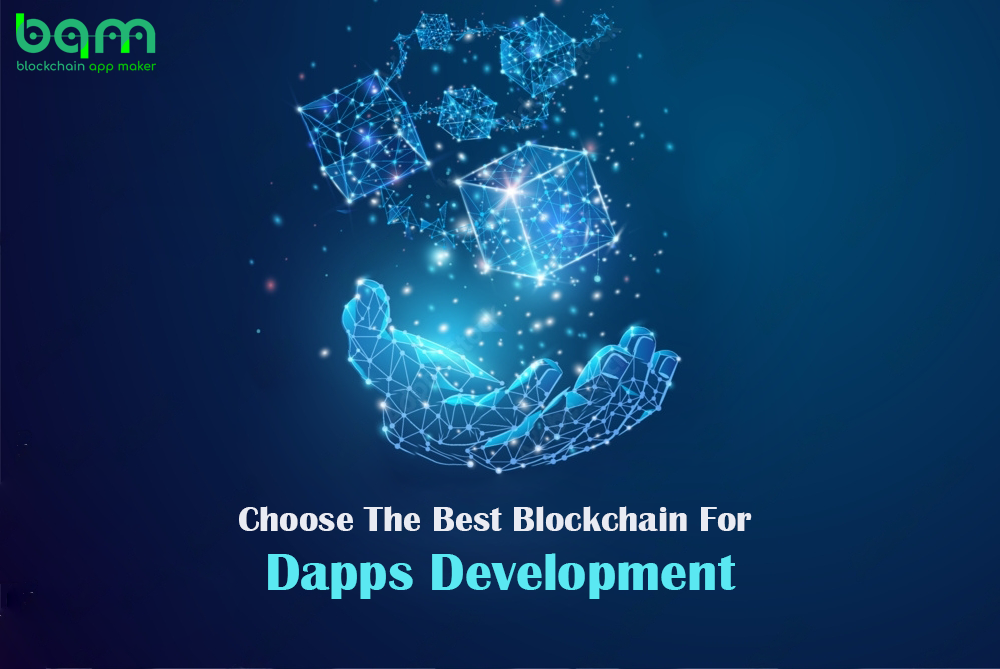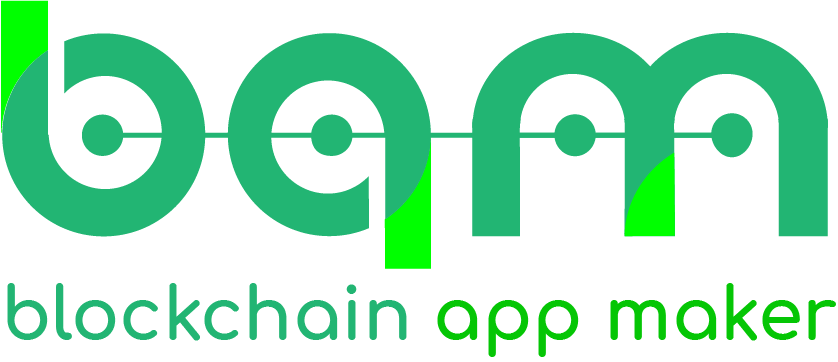
Blockchain is a vast technology offering a multitude of possibilities. One of its best use cases is Decentralized applications that have transformed how we interact with digital services. Whenever you go for dapps development, several factors can influence your decision. These factors are scalability, security, consensus mechanisms, smart contracts, interoperability, and decisive blockchain platforms. Selecting the right blockchain platform ensures optimal performance.
Dapps share similarities with traditional software apps but stand out by their reliance on decentralized networks. Unlike traditional apps that store data on central servers, dApps leverage thousands of local operating systems to distribute the transaction load. By harnessing the power of blockchain technology, dApps become flexible, transparent, and reliable. However, dApp developers must ensure bug-free code since making changes after launch can be challenging.
The Extensive Applications For Dapps Development
The versatility of dapps development allows dapps to be used across various industries. They find utility in file sharing, gaming, healthcare, governance, fundraising, advertising, and decentralized finance (DeFi). Moreover, they enhance social media platforms, providing users with greater freedom and communication opportunities. Their adaptable nature makes dApps suitable for almost any industry.
The Significance of Blockchain for dApps
Blockchain-based dapps offer numerous advantages over traditional apps. These advantages include speed, anonymity, reliability, versatility, and confidence. Let’s explore some of the key strengths to consider when developing a blockchain-powered dApp:
Points of failure: A failure in a central server does not disrupt the entire dApp due to data distribution across the decentralized network.
Cost-effectiveness: Blockchain-based dapps development significantly reduces operational costs. Furthermore, the absence of intermediaries further decreases expenses, making dApps an attractive solution for startups.
Data security: The decentralized nature of dApps enhances their security. Users can engage with these apps without revealing their identities, fostering trust. Additionally, dApps have no control over user data, ensuring encryption and security.
Lack of censorship: dApps, devoid of centralized control, cannot discriminate against users or block their access. Users are responsible for adhering to their country’s laws and regulations while consuming and sharing content. The absence of censorship fosters inclusivity and freedom.
Blockchain Platforms to Consider
1. Ethereum
Ethereum is the most well-known blockchain platform for dApps. It is a decentralized platform that runs smart contracts to create dApp applications. It has a large and active user base, an open-source platform, flexibility, security, and high gas fees. However, it is not as scalable as other blockchain platforms, making it difficult to handle large traffic volumes. Additionally, it is complex and difficult to learn and use, making it a barrier for some developers and users.
2. Binance Smart Chain
Binance Smart Chain (BSC) is a fork of the Ethereum blockchain, using the same underlying technology. It offers faster transaction speeds, lower transaction fees, and EVM compatibility. However, it is more centralized than Ethereum due to its PoSA consensus mechanism, making it more vulnerable to attack and less appealing to users who value decentralization. Additionally, BSC is not the only blockchain platform designed to support dApps, so it needs continuous innovation and improvement to maintain its competitive edge.
3. Solana
Solana is a high-performance blockchain platform designed to support dApps. It is known for its fast transaction speeds and low fees, making it a cost-effective platform for dapp development. It has a large and active developer community that can provide support and help with dapp development. However, a suitable hardware arrangement for Solana is relatively expensive. Solana uses a unique consensus mechanism called Proof-of-History, which is not as well-tested as other consensus mechanisms. Downtime has been experienced in the past, which could be a concern for developers.
4. Polygon
Polygon is a popular blockchain scaling solution that aims to address the scalability and usability issues of Ethereum. It provides a framework for building and deploying decentralized applications (DApps) with improved performance and lower transaction fees. It is compatible with Ethereum, allowing DApps to leverage the existing Ethereum ecosystem while benefiting from Polygon’s scalability features. Enhanced user experience, security, and reliability are also benefits of using Polygon for DApp development. Polygon’s sidechain architecture provides scalability and security, but it introduces a level of centralization compared to the decentralized nature of the Ethereum mainnet.
It also has potential security risks, dependence on the Polygon network, a learning curve, limited governance, and limited community participation in shaping the future direction and upgrades of the network. Developers should conduct thorough audits and security assessments to mitigate these risks.
5. Avalanche
Avalanche is a scalable blockchain platform that can process up to 4,500 transactions per second, making it a good choice for dapps that need to handle a high traffic volume. It uses a proof-of-stake consensus mechanism, making it more secure than proof-of-work. It has low transaction fees, a developer-friendly environment, and an active community of developers and users. However, it faces competition from other scalable blockchain platforms, making it difficult for some developers to use.
Conclusion
Choosing the right blockchain platform for dapps development is an important decision that will affect the success of your business. Take the time to research and try different platforms. You need to consider dapps requirements and the user experience you aim to deliver. Contact each community, explore developer resources, and seek expert advice if needed. By making informed decisions and leveraging the power of the right blockchain platform, you can unlock the full potential of dApp development and bring your vision to life in a decentralized and impactful way.

